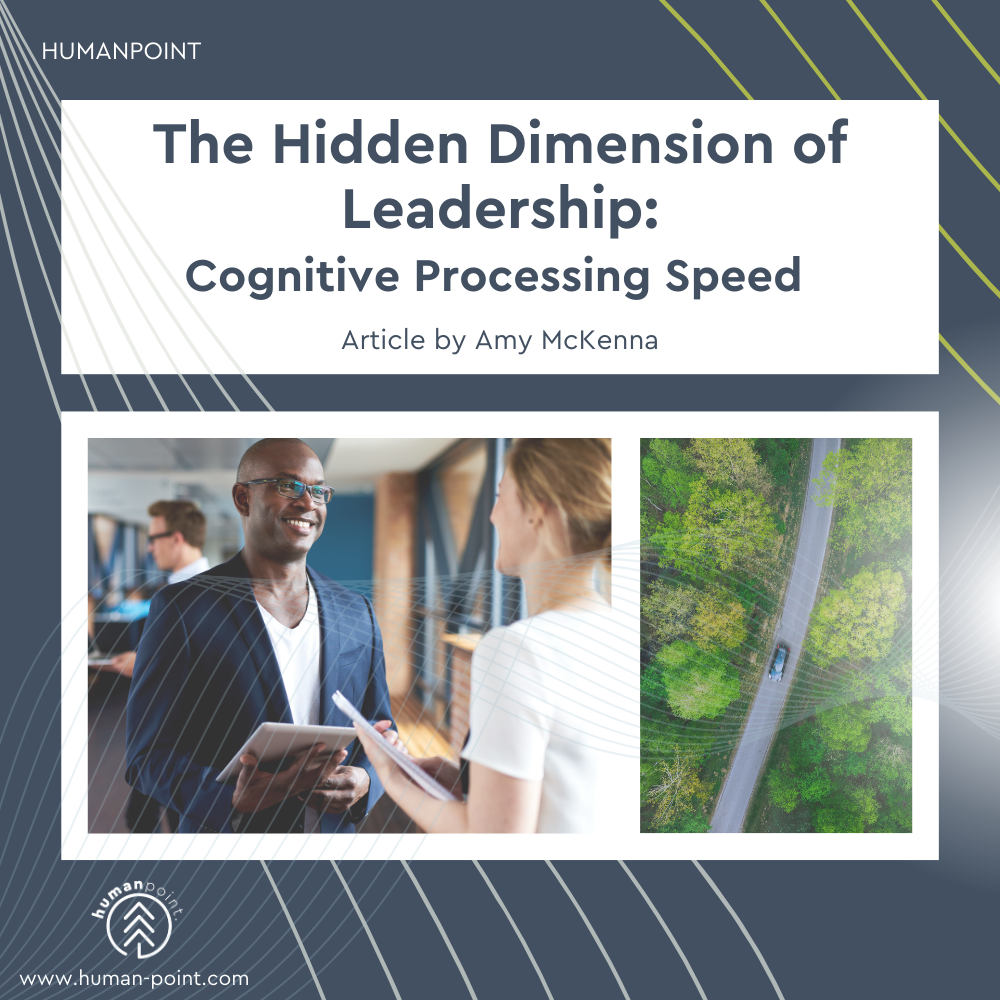A lack of self-awareness manifests in personal and interpersonal issues. Leaders deficient in self-awareness will struggle to show up as authentic, empathetic human leaders. Here are some unhealthy behavior patterns we often see in leaders lacking self-awareness:
- Denial and defensiveness. Uninformed leaders deny or avoid acknowledging flaws and weaknesses. They become defensive when others provide feedback.
- Lack of emotional regulation. These leaders struggle to recognize and manage their emotional reactions and impulses. They may lash out, shut down, or act on emotions without awareness.
- Blaming and arrogance. Rather than looking inward, self-unaware leaders frequently blame others or external factors. They exhibit an overconfident, arrogant demeanor that turns people off.
- Never self-reflecting. Little time is spent in self-analysis, introspection, or examining their thoughts, feelings, and motivations. This causes an inability to see their own blindspots.
- Disregarding other perspectives. Self-absorbed leaders disregard how their words and actions impact those around them. They show no interest in understanding others’ experiences.
- Lacking a growth mindset. With lack of self-insight, there’s little motivation to work on professional growth and development.
Inauthentic presence. They act inauthentically, projecting a persona contrary to their true values and beliefs. - Rigidity. An inability to adapt behavior based on circumstances due to an inflexible self-perception.
Strengthening self-awareness is the essential first step in developing extraordinary human leaders. When leaders are self-aware, they are more able to lead authentically.



